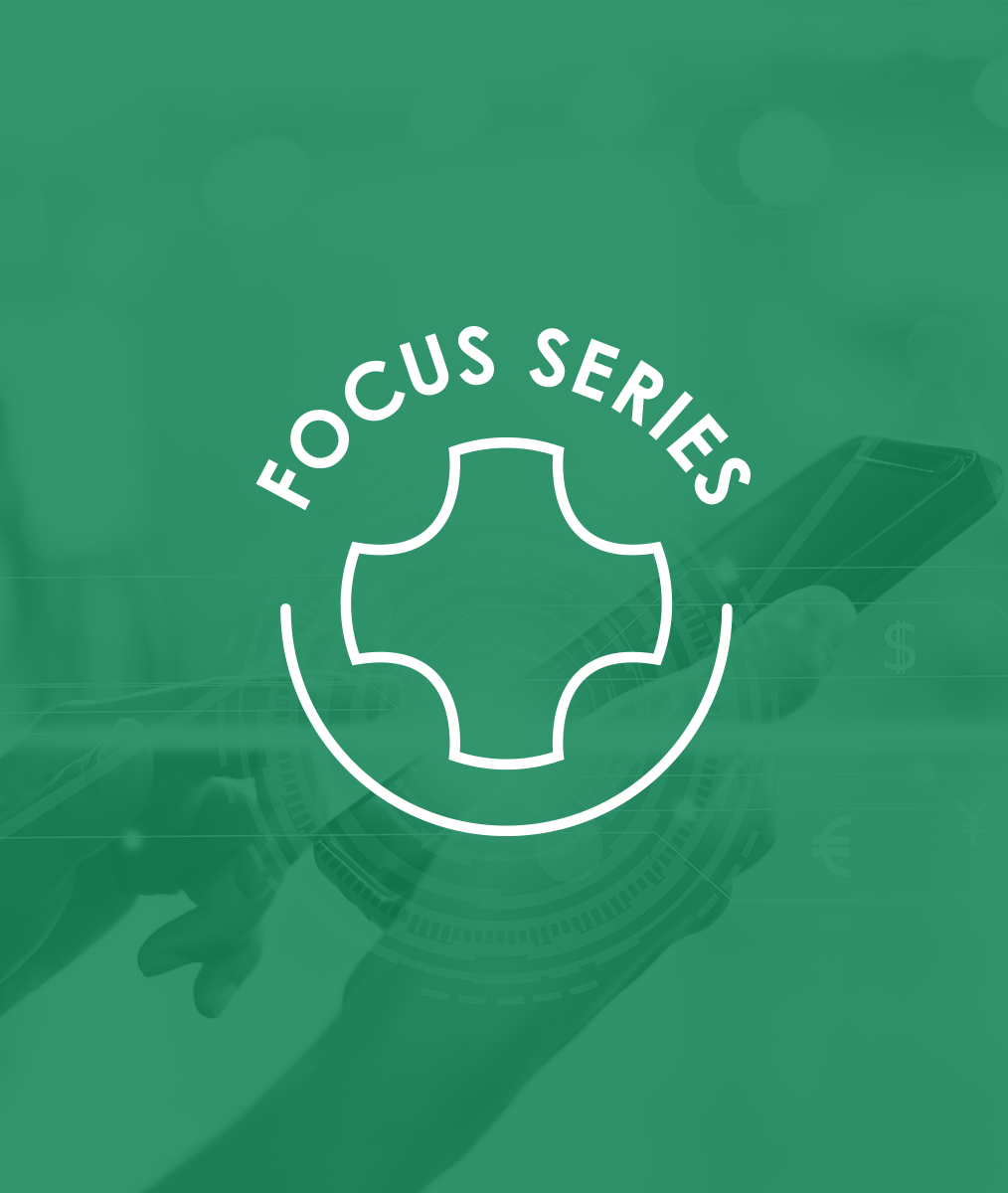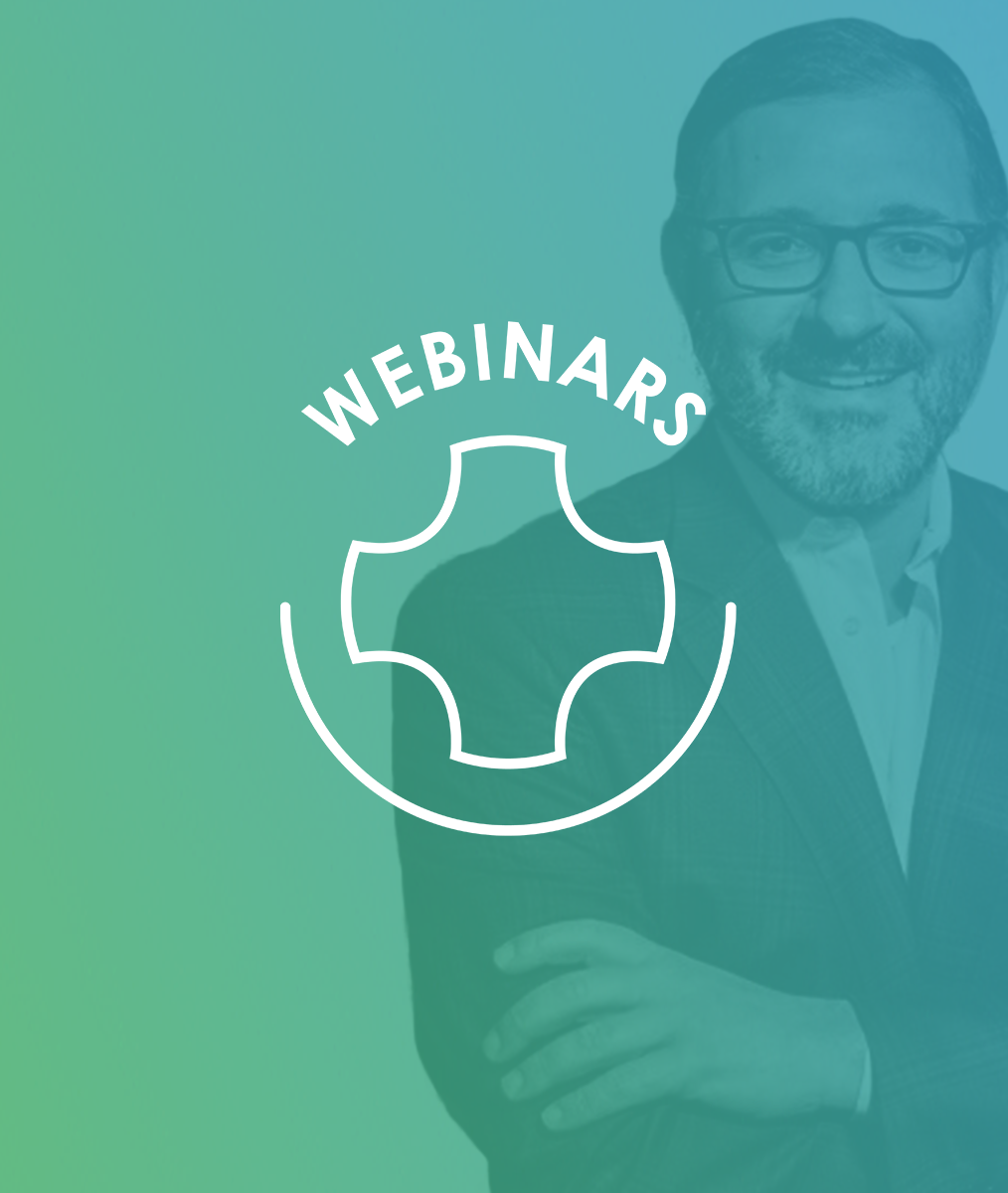Co-Authoring A PHILOSOPHY OF DENTAL PRACTICE—Part Two
By Bill Davis, DDS
During the first two years of the book project, the institute was still at the DuPont Plaza Hotel in Miami. My schedule was simple. I would fly down on the red eye from Detroit Monday night after my practice time and stay at one of the apartments used by the visiting faculty next to the hotel. Dr. Pankey and I would meet for breakfast at 8 a.m. Then, we would go over to a room in the Institute to talk and I would record everything.
At our very first meeting, I realized why everyone was taken with Dr. Pankey and his philosophy. We sat down for breakfast and started with the usual small talk. Then L.D. looked me directly in the eyes and asked, “Bill, may I ask you a couple of questions?”
I looked back at him, and I said, “Yes, of course”.
He then asked, “Do you tell your wife you love her every day?”.
I was a little taken aback by the question and said, “I think I do”.
L.D. then said, “You should.”
From that day forward, I made it a point to tell Pam I loved her every day. If I was out of town, I would always call long distance and now I text her. That question made me realize how important Dr. Pankey felt it was for us to stay closely connected to our loved ones. I am sure that gesture has helped me during my 57 years of marriage to my best friend Pamela.
L. D.’s second question was, “Do you save regularly for your retirement?”
I told him, “Yes, I do. At the end of the year, when all my bills and taxes are paid, I send most of the remaining money to my Merrill Lynch investment account”.
Dr. Pankey told me that was okay, but not a good way to save real money. He recommended that when I got my paychecks, one from the university and one from my private practice, I immediately sit down and write a separate check for 10% of my total net income for the week and put it in the investment account.
Then he said, “Live on the budgeted remaining 90%.”
I realized he was following his philosophy and wanted me to be sure I could take care of my family. Over the years, his advice has been spot-on. These first two questions were my introduction to his philosophy.
To be continued…
Related Course
Creating Financial Freedom
DATE: March 6 2025 @ 8:00 am - March 8 2025 @ 2:00 pmLocation: The Pankey Institute
CE HOURS: 16
Dentist Tuition: $ 2795
Single Occupancy with Ensuite Private Bath (per night): $ 345
Achieving Financial Freedom is Within Your Reach! Would you like to have less fear, confusion and/or frustration around any aspect of working with money in your life, work, or when…
Learn More>









